Eyes & Optics Blog
Learn more about optometrist care in our blog!
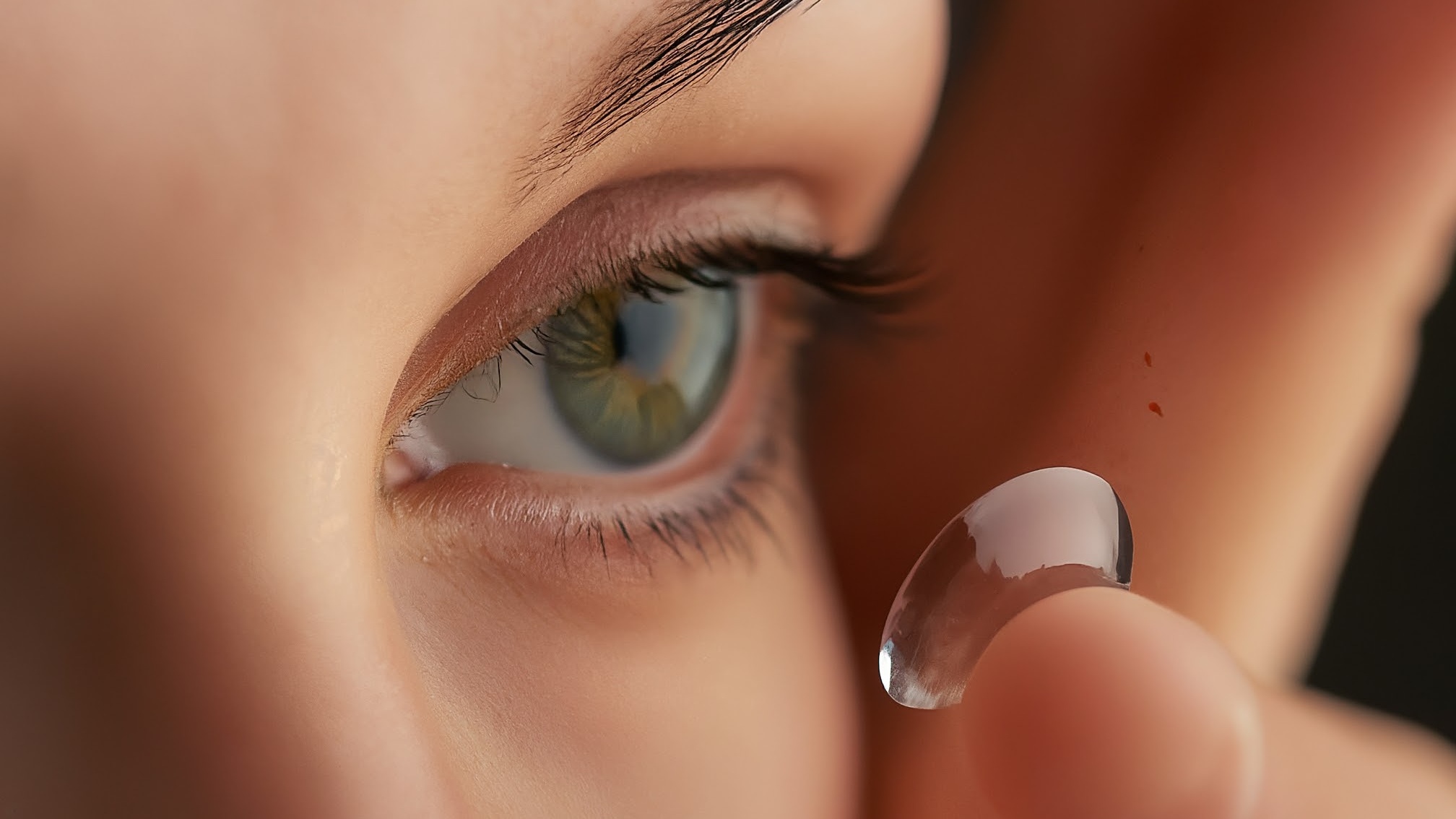
At Eyes & Optics, we are committed to bringing the most advanced vision solutions to our patients. A significant new option is now available for individuals who have both astigmatism and presbyopia.

If you are searching for designer eyeglasses in Farmington Hills, our February Frames of the Month highlight a collection that brings together individuality, craftsmanship, and contemporary design: ZEN Eyewear.
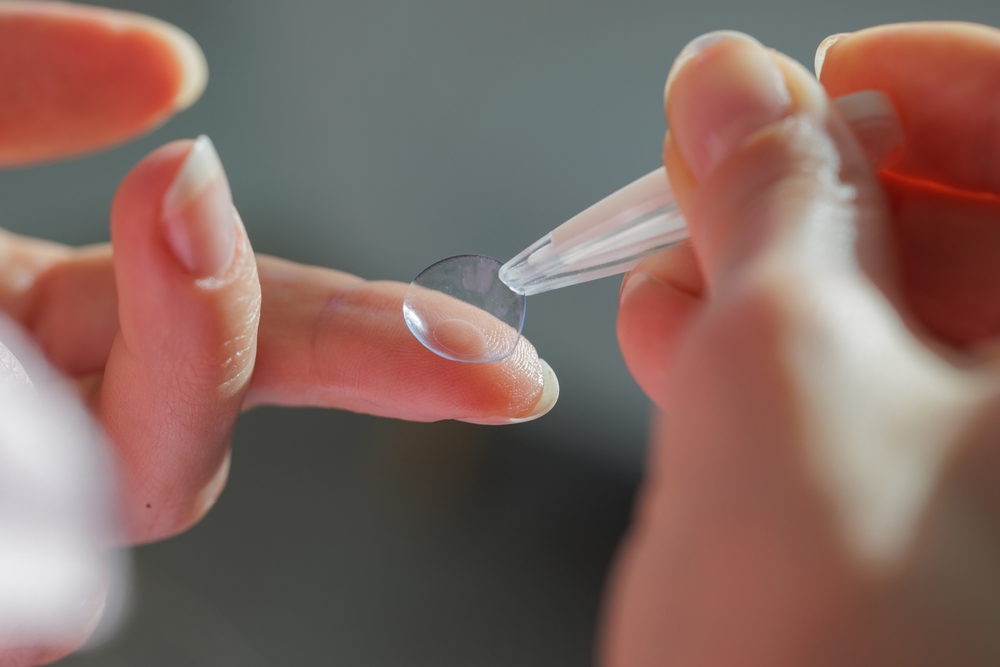
Myopia (nearsightedness) continues to rise worldwide, especially in children. As eye care professionals, we are always looking for treatment options that are effective, comfortable, and easy for patients and families to maintain. A new daily disposable soft contact lens from Euclid Vision Corporation, called Be Free® Day, adds another exciting option to modern myopia management.
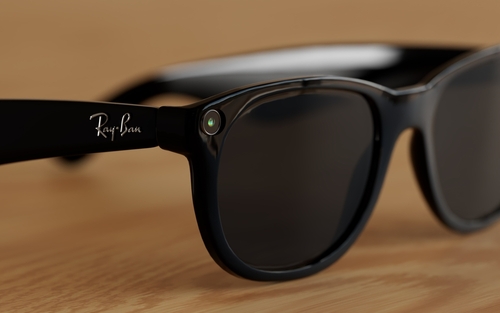
Ray-Ban Meta AI glasses look like stylish everyday eyewear, but they also include built-in technology such as a camera, speakers, microphone, and artificial intelligence (AI) features. Patients often ask us whether these glasses are safe for their eyes and how they fit into everyday vision care. Here’s what you should know.
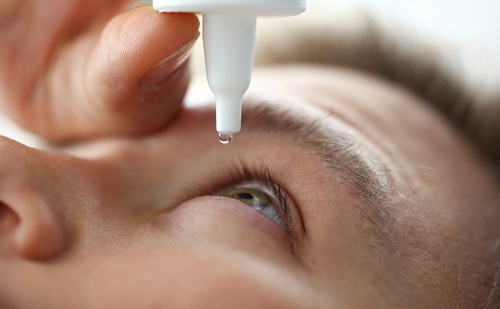
If your eyes feel tired, dry, or irritated after using screens, you're not alone. Many people get digital eye strain, especially if they work on a computer or use their phone a lot.
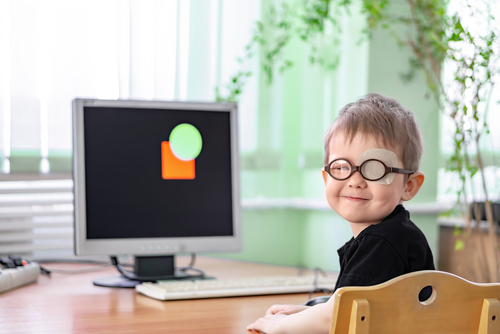
Amblyopia, often called “lazy eye,” happens when one eye does not develop normal vision during childhood. Traditional treatments for amblyopia include patching the stronger eye or using special eye drops to blur it. These methods are still useful today, but they can be hard for kids to stick with and they focus mainly on sharpening vision in the weaker eye.

Myopia (nearsightedness) is becoming more common around the world, especially among children. Many parents ask whether vitamin D might help protect their child’s vision. A recent review looked closely at whether vitamin D levels are directly linked to myopia risk — and what that may mean for families.

Age-related macular degeneration (AMD) is a leading cause of vision loss in adults over the age of 55. While genetics are known to play a major role in determining who develops advanced AMD, new research shows that healthy lifestyle behaviors can significantly reduce this risk even in people with a strong genetic predisposition.
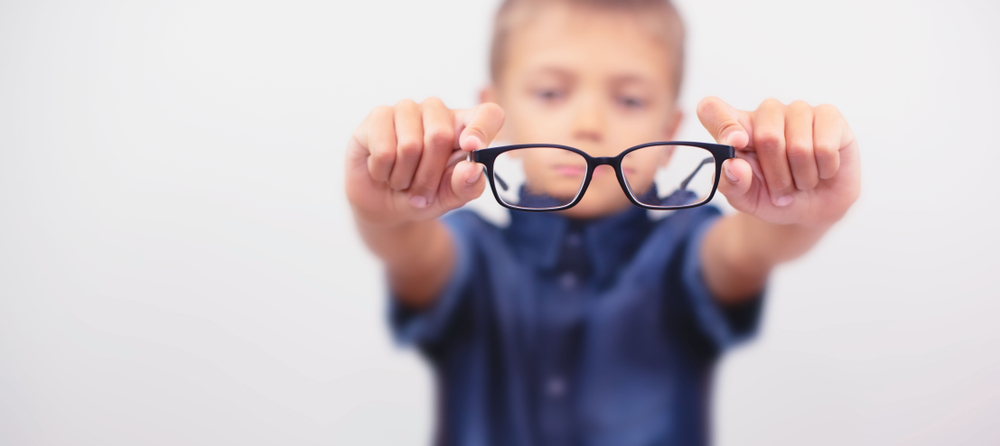
Myopia is becoming increasingly common among children, and many parents are seeking solutions that do more than simply sharpen distance vision. At Eyes & Optics, we provide advanced myopia management options to help slow the progression of nearsightedness. One of the most innovative tools available today is Essilor Stellest lenses, powered by H.A.L.T. MAX (Highly Aspherical Lenslet Target) technology.
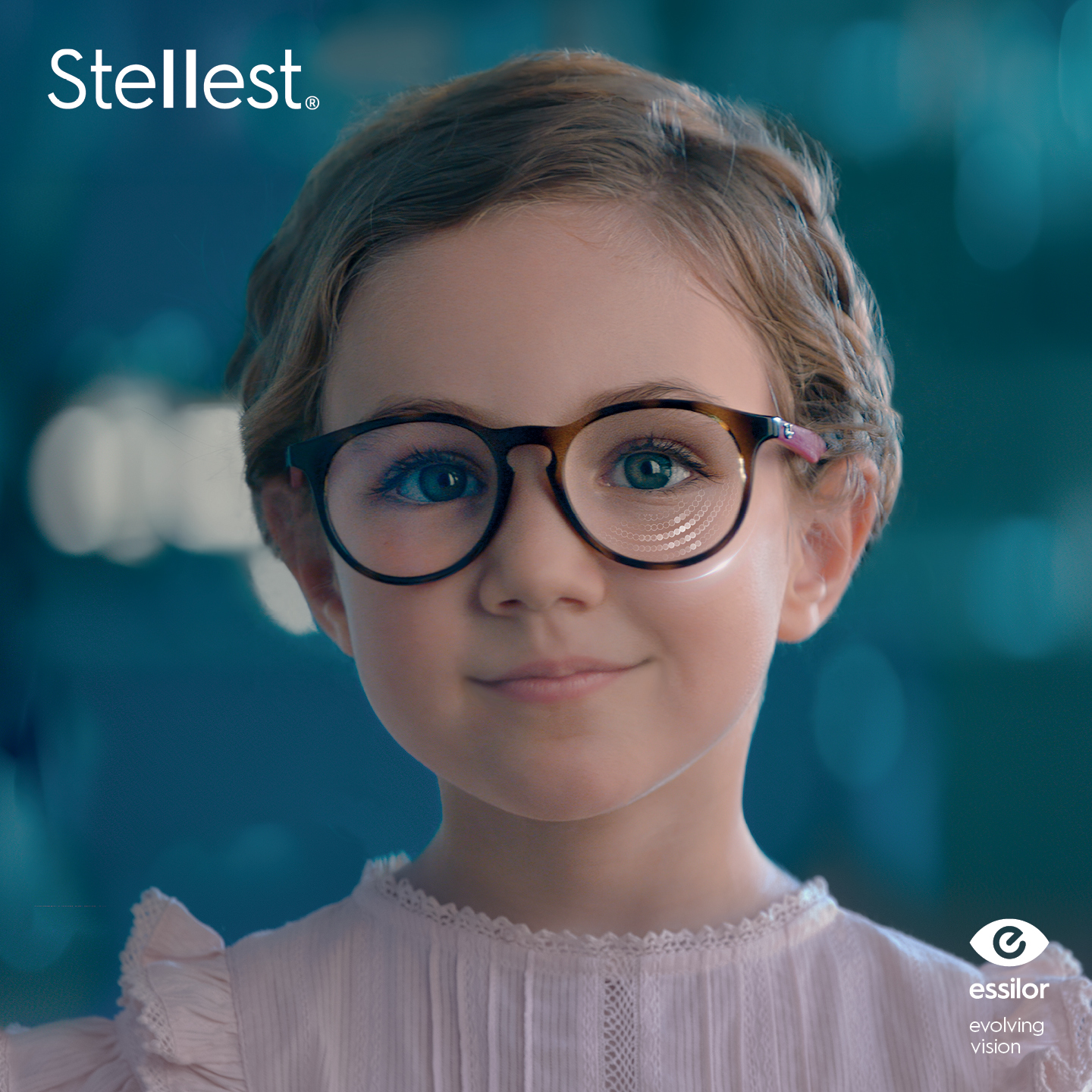
Essilor’s newest myopia-control lens, Stellest 2.0, has been shown to slow myopia progression even more effectively than the original Stellest design. Powered by upgraded H.A.L.T. MAX technology (Highly Aspherical Lenslet Target), this next-generation lens delivers a stronger optical signal to reduce eye growth in children.









